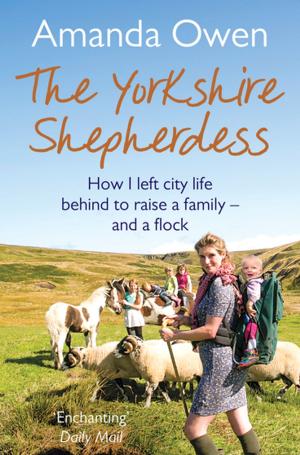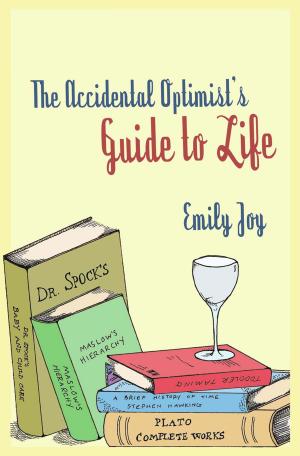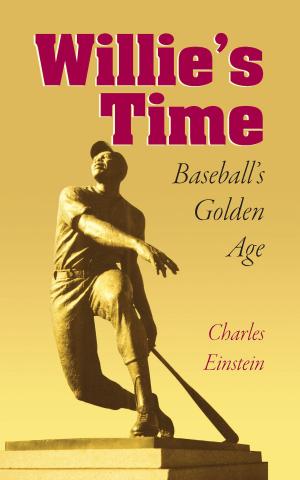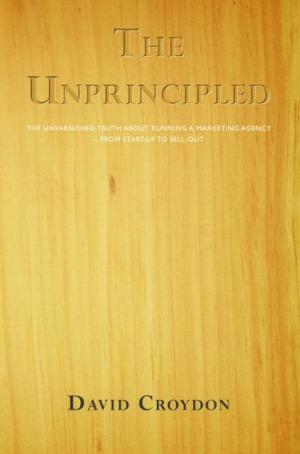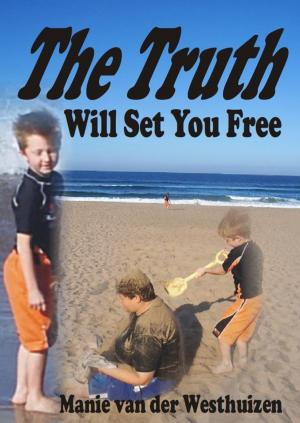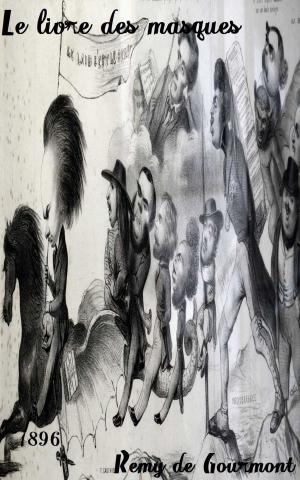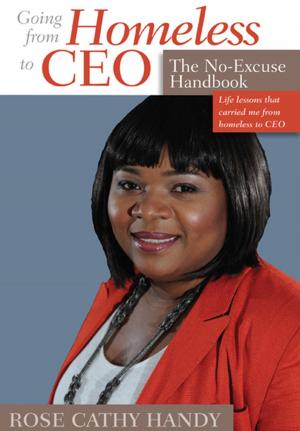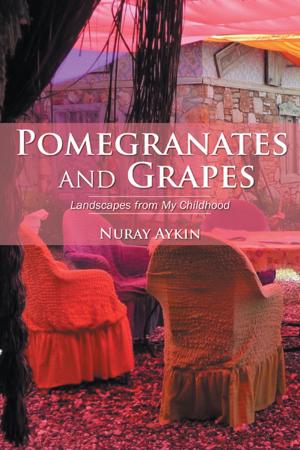| Author: | Angeline Kearns Blain | ISBN: | 9781301813810 |
| Publisher: | A. & A. Farmar | Publication: | February 14, 2013 |
| Imprint: | Smashwords Edition | Language: | English |
| Author: | Angeline Kearns Blain |
| ISBN: | 9781301813810 |
| Publisher: | A. & A. Farmar |
| Publication: | February 14, 2013 |
| Imprint: | Smashwords Edition |
| Language: | English |
Funny, sad and harsh, with the bitter ring of truth, this extraordinary memoir of Ireland in the 1940s and 1950s recreates a forgotten community.
Girls steal sunlight from the day . . . so she was told by the men of her neighbourhood. Growing up in a south Dublin slum, she observed with the intense vision of a child how the lives of men and women diverged. Her father, a soldier, went on manoeuvres around Ireland (picking up syphilis along the way) while ‘Ma begged and borrowed to keep us from dying young’.
She and her three brothers roamed the streets, now playing, now scavenging fuel for the fire, now wheedling small change out of men at bus stops. At thirteen she left school and for a year trawled the Ringsend dump for cinders, which she sold for a shilling a sack.
There are joyous memories: cooking cockles from Sandymount Strand in a great pot then feasting with neighbours, gossiping over a new baby, visiting the ‘Grannies’ with their folk myths and old sorrows, who wouldn’t tell you about sex. Above all, the delicate ways in which people confined by poverty respected each other.
Angeline Kearns Blain looks back with love and grief at the hardships of her youth, celebrating the warmth and kindness of the neighbours and family who helped each other to survive, stealing sunlight where they could.
Funny, sad and harsh, with the bitter ring of truth, this extraordinary memoir of Ireland in the 1940s and 1950s recreates a forgotten community.
Girls steal sunlight from the day . . . so she was told by the men of her neighbourhood. Growing up in a south Dublin slum, she observed with the intense vision of a child how the lives of men and women diverged. Her father, a soldier, went on manoeuvres around Ireland (picking up syphilis along the way) while ‘Ma begged and borrowed to keep us from dying young’.
She and her three brothers roamed the streets, now playing, now scavenging fuel for the fire, now wheedling small change out of men at bus stops. At thirteen she left school and for a year trawled the Ringsend dump for cinders, which she sold for a shilling a sack.
There are joyous memories: cooking cockles from Sandymount Strand in a great pot then feasting with neighbours, gossiping over a new baby, visiting the ‘Grannies’ with their folk myths and old sorrows, who wouldn’t tell you about sex. Above all, the delicate ways in which people confined by poverty respected each other.
Angeline Kearns Blain looks back with love and grief at the hardships of her youth, celebrating the warmth and kindness of the neighbours and family who helped each other to survive, stealing sunlight where they could.


